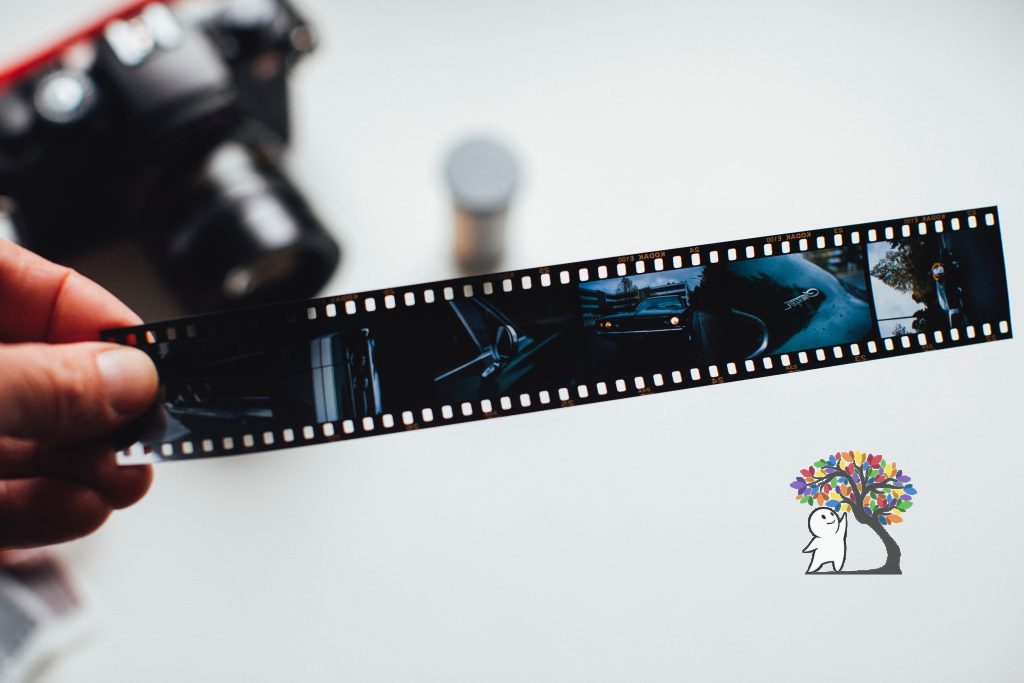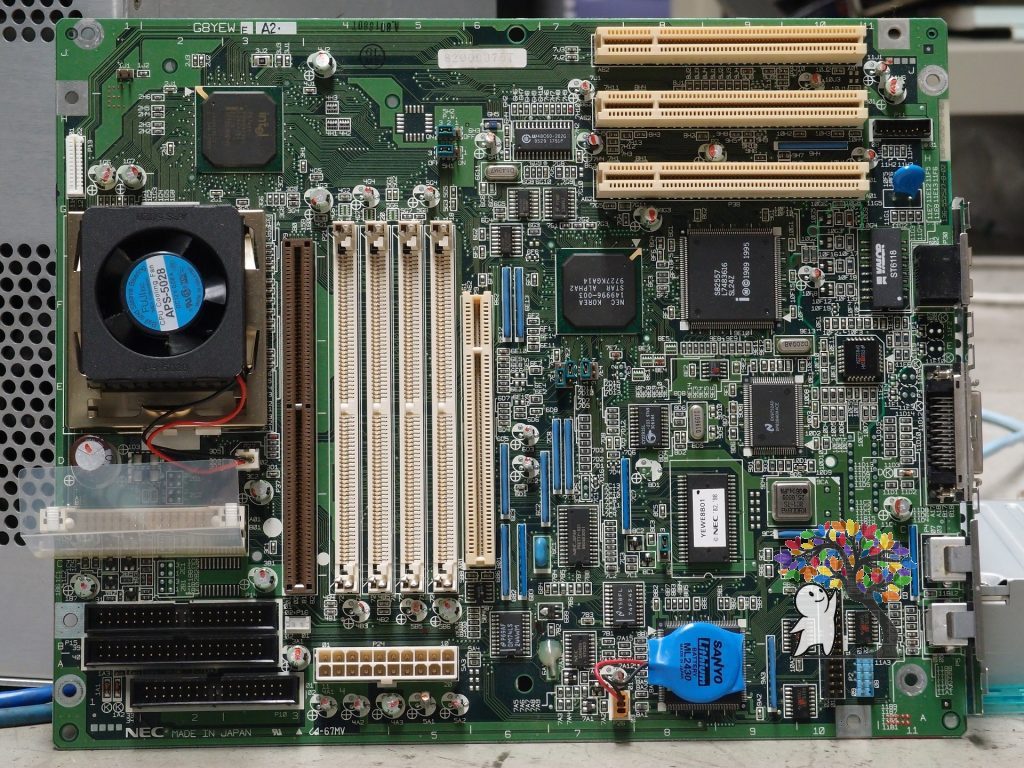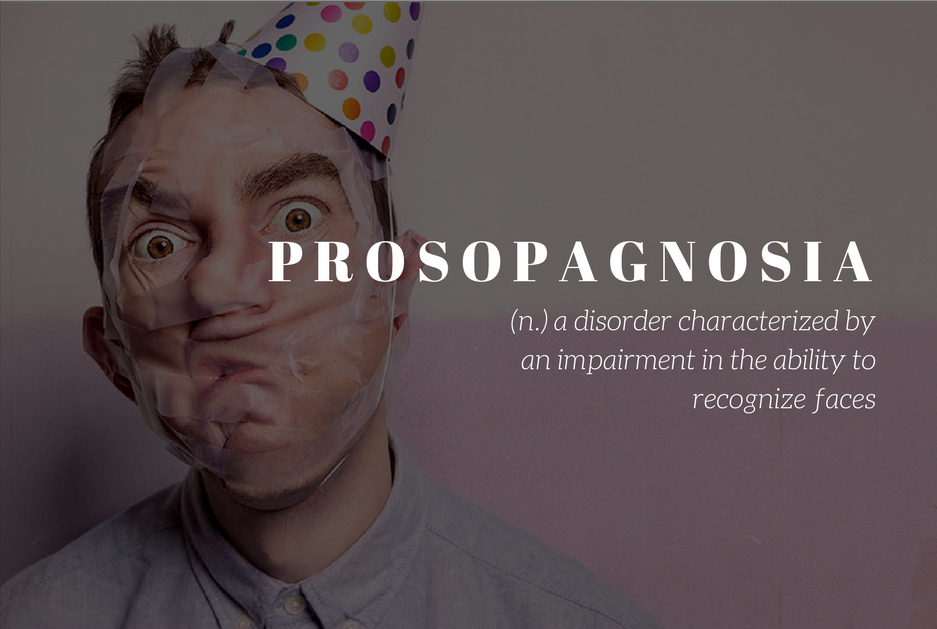The Mandela Effect – False Memories and How They Are Formed

The Mandela Effect is a viral phenomenon that rose to prominence in the early to mid 2010’s. Since then, numerous mind boggling debates were born involving memory and reality. The name “Mandela” comes from the most notable case of the phenomenon; the former president of South Africa, Nelson Mandela, who was famously mistaken to have died in the 1990’s despite actually passing away later in 2013.
Since then, people have noticed differences in other news events occurring differently from their memory. Other people note differences in brand names, logo designs, famous movie scenes, to even remembering things that do not exist. Some people theorize that the cause involves slightly modified parallel universes that are merging together. While complex, the answer is actually simpler. In this article, we’ll be talking about false memories and how the Mandela Effect happens.

Our Memories are Easily Influenced
Human memory is infamous for being extremely inaccurate. Our memory has also been shown to be highly influenced by the people around us. This is why eyewitness testimony in the judicial system brings a great deal of controversy when it’s the only available evidence; a person may overestimate or underestimate details other than reality. Additionally, a person’s memory may be influenced by their peers (Mcleod 2014).
A notable study by psychologist Elizabeth Loftus looked into this particular situation: how eye-witness memories can be influenced to change radically. In her study, she showed several films of car crashes to college students. After viewing these films, the students were asked to serve as eyewitnesses and roughly estimate the speed the crashing car was traveling. Depending on how the question was framed: “how fast was the car going when it smashed into the other one?” versus “how fast was the car going when it bumped into the other one?” warranted different answers. People who were asked with the word “smashed” estimated the speed to be greater than those who were asked the same question with the word “bumped” (Mcleod 2014).
The evidence of this study suggests that memory may be biased or even altered based on how a question is posed. This same can be seen in the Mandela Effect; someone suggesting a memory that isn’t really there. This is known as the misinformation effect (Dwyer 2020).

Collective Misremembering
People discussing the same memory among each other can lead to collective misremembering. This provides explanation to how some people may remember something that may not even exist. One person presents an idea, which may become jumbled with something similar. Thus, a person may construct a whole memory on something that doesn’t exist! Notable examples include a nonexistent painting of Henry VIII holding a turkey leg, to the Mandela case itself. In the case of the latter, a political leader did indeed die in prison in the 1990’s which may be confused with the Mandela case (Nall 2020).

Our Memories Change Over Time
Another famous case study about memory deals with the September 11th attacks in New York City back in 2001. Researchers interviewed witnesses and survivors of the tragedy in multiple intervals: one week after the event, a year later, and three years later. Each person was then asked to rate their confidence in their recollection. Surprisingly, many of the interviewees had different answers to their recollection even after a year. About 40% were accurate in describing how they felt emotionally a year later, despite strong confidence in their answers (Chen 2011). While some answers stayed relatively consistent (such as the number of planes involved) smaller details, such as the location of the president changed drastically. Researchers believe that memory may be more related to emotional connection as opposed to logical (Chen 2011).

Confabulation
Sometimes when people are trying to remember something, they may find that they don’t remember certain details. In the moment, they may fill in the blanks with what they feel is the likely scenario. For instance, the air freshener “febreze” may be incorrectly recalled as “febreeze.” The person may not have a strong memory of the spelling, thus inserting a second letter “e” as it seems most logical. Same goes for the popular children’s series “The Berenstain Bears” being remembered as “The Berenstein Bears.” Despite the author, Stan Berenstain, reporting that his last name has always been misspelled by others, some believe that the last name is spelled the way it sounds. In time, these details may become part of the memory (Nall 2020).
Healthline Media, a mental health newsletter, compares memory recall to a game of telephone; one person at the beginning of a line of people whispers into the ear of the person next to them. This person then whispers what they heard to the next. So on so forth that by the time the last person hears the message, it’s often very different from what the person at the beginning of the line started. Memory recall can work in a similar way. If a memory is recalled, along with factors of other’s influence along with the finer details fading in time, the memory may be restored slightly differently. Like the game of telephone with whispering, the memory over time may change little by little at a time, eventually becoming drastically different (Nall 2020).

Conclusion
The Mandela Effect is certainly a fun topic to discuss with friends and family. Debating whether or not the famous peanut butter brand is spelled “Jif” or “Jiffy” to the famous Star Wars quote “Luke, I am your father” versus “No, I am your father” (fun fact, James Earl Jones remembers the line as the former despite it being the latter). While the idea of merging parallel universes is exciting, unfortunately the idea is unlikely. Memory is unreliable and easily manipulated, even in the case of the Star Wars example where the actor himself remembers the line wrong. Memories can be jumbled and mixed with others and with enough confidence, can influence others. Unfortunately, the addition of human error and misinformation can lead to these false memories to be reinforced.
Let us know your thoughts on the Mandela Effect. Can you think of any other famous examples? What do you think are other explanations to the phenomenon?
References:
- Chen, I. (2011, September 6). How Accurate Are Memories of 9/11? Retrieved from https://www.scientificamerican.com/article/911-memory-accuracy/
- Dwyer, C. (2020, January 31). Critically Thinking About the Mandela Effect. Retrieved from https://www.psychologytoday.com/us/blog/thoughts-thinking/202001/critically-thinking-about-the-mandela-effect
- Mcleod, S. (1970, January 1). Loftus and Palmer. Retrieved from https://www.simplypsychology.org/loftus-palmer.html
- Nall, R. (2020, March 13). The Mandela Effect: How False Memories Occur. Retrieved from https://www.healthline.com/health/mental-health/mandela-effect




Responses